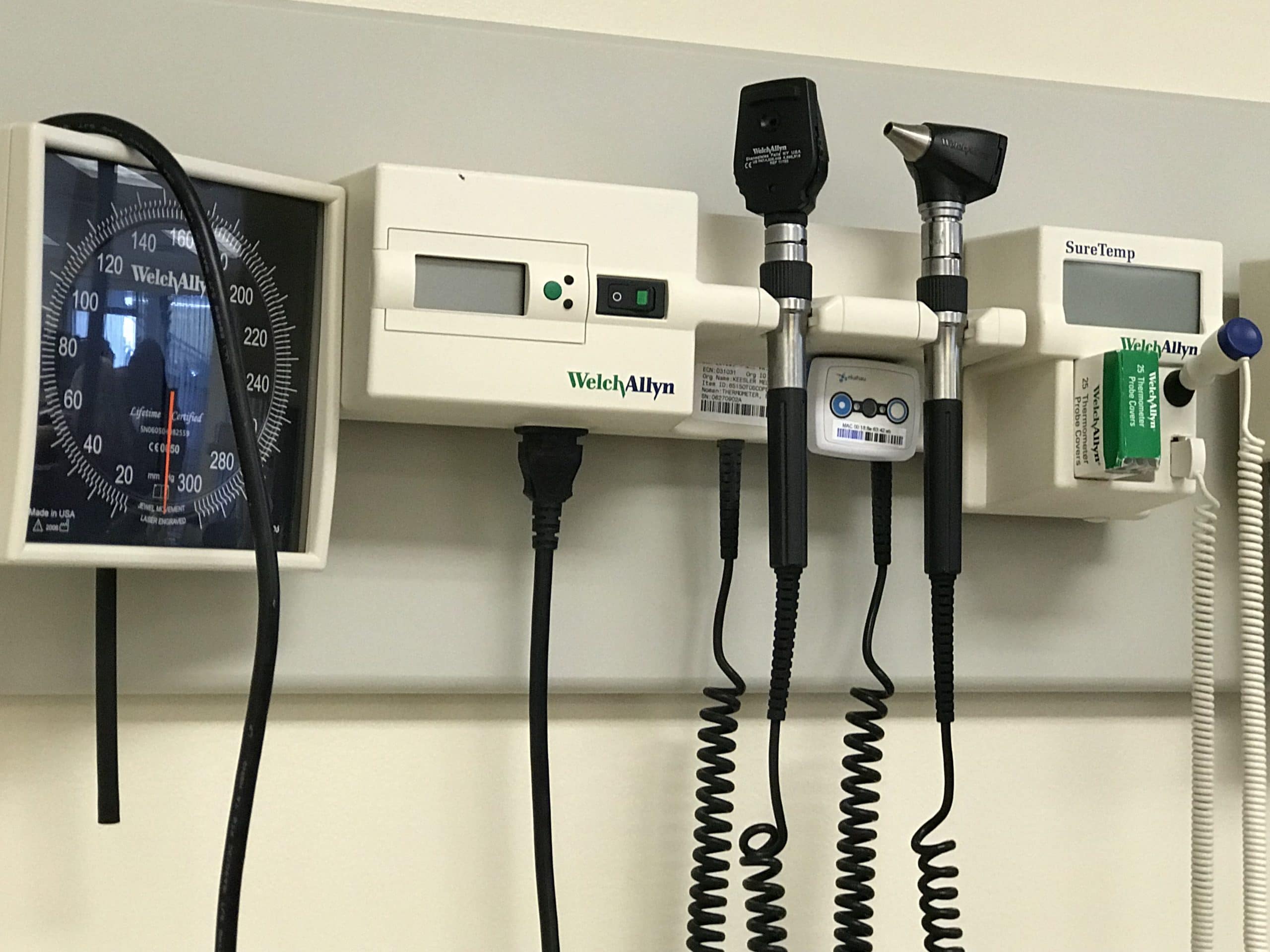According to the Mississippi State Department of Health, Syphilis rates are increasing both in Mississippi and across the country.
Nationally, there was a reported 18 percent increase in cases of early syphilis from 2015 to 2016, according to statistics from the Centers for Disease Control and Prevention. In Mississippi, the cases increased by 32 percent for the same time period. Dr. Paul Byers, State Epidemiologist with the MSDH, says that making the public aware of the resurgence of this disease is a high priority, and screening has become increasingly important.
“We want to make sure providers and the public are aware that we have seen recent increases in syphilis in Mississippi,” Dr. Byers said. “Persons infected with syphilis may not have obvious symptoms, so screening for infection and appropriate treatment are essential. Persons at higher risk for syphilis and all pregnant women should be screened for infection routinely and treated with antibiotics when infection is identified.”
Rates have been steadily increasing over the past 15 years. According to a media release from the MSDH, the majority of cases in Mississippi in 2016 occurred in men, and of the male cases, 70% were in “men who have sex with men.” The MSDH also stated that 36 percent of the total cases in this age group were found in African American men.
Syphilis is a sexually transmitted disease caused by the bacterium Treponema pallidum. It spreads mainly by sexual contact, but may also be transmitted by infected mothers to their unborn children. If left untreated, syphilis can lead to nervous system disorders such as blindness, insanity or paralysis.
Among cases reported in 2016, HIV co-infection was seen in 36 percent of patients. A person who has syphilis is three to five time more likely to be infected with and pass on HIV to partners. While Dr. Byers says that treatments are readily available and effective, the disease can be fatal if left untreated.
“It can be lead significant cardiovascular complications, neurological complications and even death, but we don’t see that because we have effective treatments to prevent the progression of this disease,” Dr. Byers said.
According to the media release, testing for syphilis and other sexually transmitted disease is free and confidential by appointment at any county health department.
The concern over this increase of syphilis is the focus of STD Awareness Month in April. In recognition of this effort, MSDH officials have joined with longtime Mississippi Board of Health member Dr. Lucius Lampton in publishing “The Top 10 Facts You Need to Know about the Reemergence of Syphilis” in the April issue of the Journal of the Mississippi State Medical Association.
“This has been an important collaboration, as this disease has reemerged as a modern public health threat,” said Dr. Byers. “We also encourage healthcare providers to routinely take a complete sexual history and discuss high-risk behaviors with all patients. Don’t make assumptions about who you think is at risk and who isn’t.”
Dr. Byers also warned of an increasing number of cases among women and the potential transfer to an unborn child if a woman with Syphilis is pregnant.




